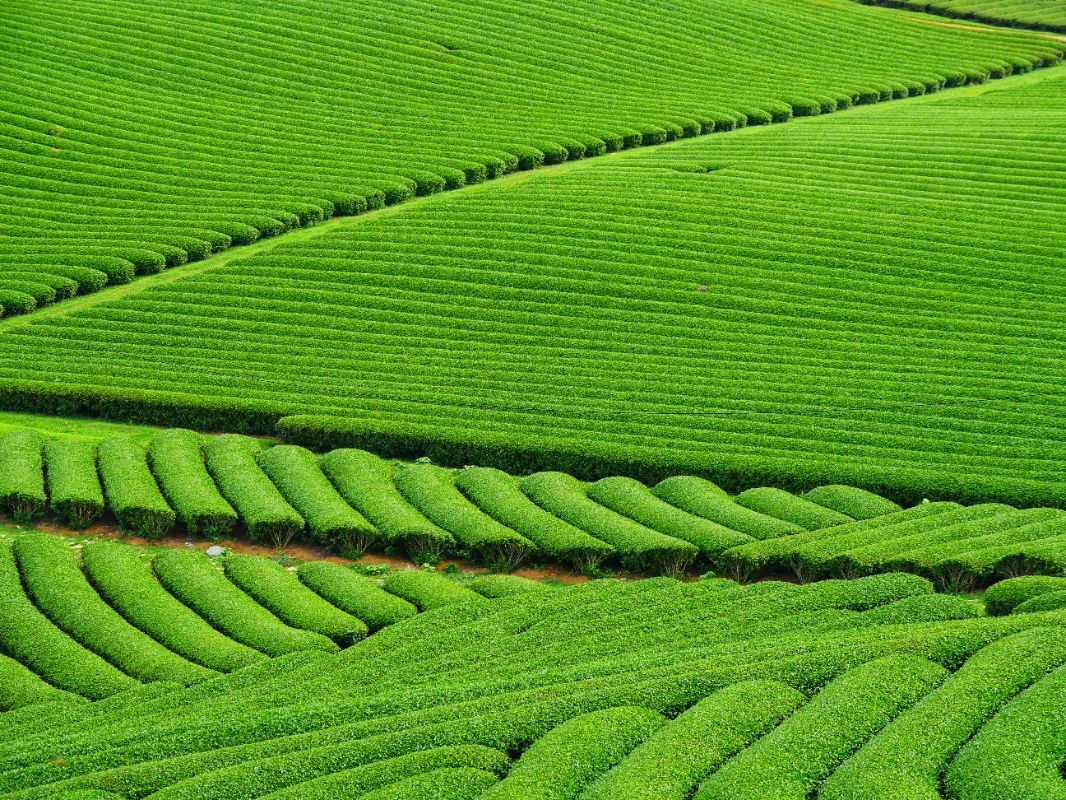
SECTOR SUMMARY
FOOD, AGRICULTURE, AND LAND USE
The move from hunting and gathering to organized harvests and farms was a ground-breaking step during human evolution. We have been transforming the land ever since for various reasons. Firstly, we started transforming the soil for crops, our animals, animal feed, shelter, timber and quickly we realized how it can be used as a source of energy or space for urban planning.
Human interventions have been altering landscapes in uncountable ways but agriculture remains to be one of the most consequential ones. Around half of all habitable land on our planet is dedicated to agriculture which heavily overshadows all natural forests or shrubs.
In this way, fauna and flora are losing their natural habitat and often disappear from the Earth forever due to a lack of resources. The reduction of biodiversity influences whole ecosystems and can cause tragic natural disasters.
However, humans also alter land by excessive use of fertilizers and pesticides. This together with soil erosion immediately causes this lifeless soil to end up in the surrounding waters and contaminate even drinking water if not taking into account the destruction of aquatic ecosystems.
Another concern connected to unsustainable farming is eutrophication. The addition of unnatural fertilizers onto the soil can cause bodies of water to be saturated with extra nitrogen. This leads to massive algae blooms that block sunlight from the water and force whole populations to migrate or die.
The most important shifts the society must make if we are to protect our environment are developing and forcing sustainable agricultural practices, changing our diets and protecting surrounding ecosystems.
Human interventions have been altering landscapes in uncountable ways but agriculture remains to be one of the most consequential ones. Around half of all habitable land on our planet is dedicated to agriculture which heavily overshadows all natural forests or shrubs.
In this way, fauna and flora are losing their natural habitat and often disappear from the Earth forever due to a lack of resources. The reduction of biodiversity influences whole ecosystems and can cause tragic natural disasters.
However, humans also alter land by excessive use of fertilizers and pesticides. This together with soil erosion immediately causes this lifeless soil to end up in the surrounding waters and contaminate even drinking water if not taking into account the destruction of aquatic ecosystems.
Another concern connected to unsustainable farming is eutrophication. The addition of unnatural fertilizers onto the soil can cause bodies of water to be saturated with extra nitrogen. This leads to massive algae blooms that block sunlight from the water and force whole populations to migrate or die.
The most important shifts the society must make if we are to protect our environment are developing and forcing sustainable agricultural practices, changing our diets and protecting surrounding ecosystems.
Sustainable agriculture
Firstly, we must focus on the implementation of bio pest control and other non-toxic ways of fertilisation, diversification of crops and regenerative agriculture are amongst many other solutions in this sector.
Diets and food waste
We have to reassess the food demand of our population, alter our diets while ensuring nutrition needs and drastically reduce food waste.
Active protection
We can no longer be neutral about ecosystem protection but proactive. We shall put in place practices and innovations that protect the neighbouring ecosystems of the land used for agriculture.
204.2–273.9
GIGATONS
CO2 EQUIVALENT
REDUCED / SEQUESTERED
(2020–2050)


 .
.